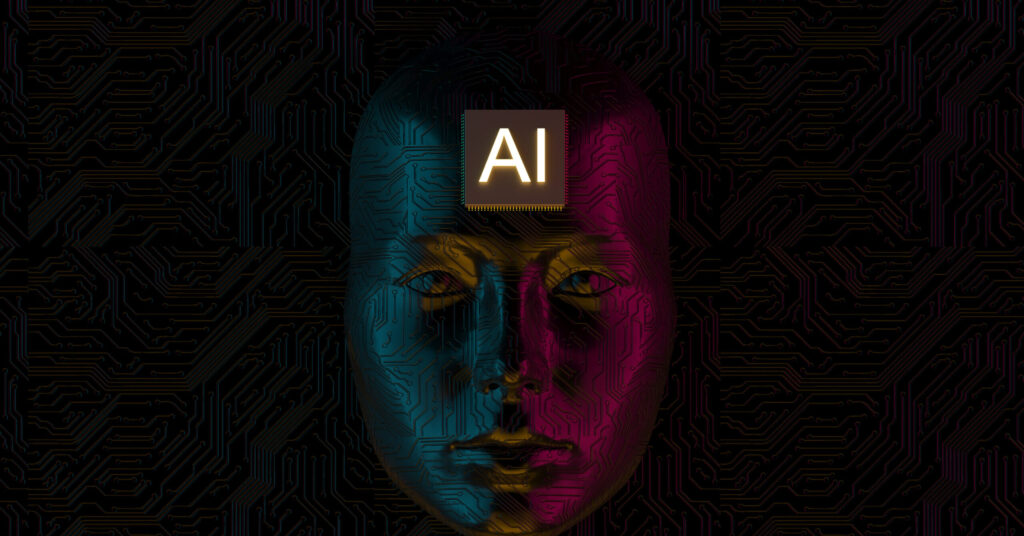
When I think of countries where technology and imagination meet, “South Korea” immediately comes to my mind. It’s known for its lightning-fast internet and trend-setting gadgets, sure — but there’s a lot more going on beneath the surface. “South Korea” is quietly becoming one of the most influential nations in “artificial intelligence”, not just in “Asia” but across the globe. What makes this so exciting is how deeply AI is woven into ordinary life — it doesn’t feel distant or futuristic. It feels real. And it’s happening now.
A Country That Dreams in Code
“South Korea’s” tech-savvy reputation isn’t just luck. It’s the result of years of effort, planning, and a culture that’s open to change. Here, even simple daily routines are shaped by smart technologies. What impressed me most, though, is how the Korean government has taken AI seriously — not just as an industry, but as a future-defining mission. Their Digital New Deal and goal to rank among the top three AI countries by 2030 aren’t just ambitious ideas — they’re being backed by action.They’re building smart cities, supporting startups, training students, and weaving AI into healthcare, schools, transportation, and more. There’s something genuinely inspiring about a country so willing to build its future with purpose.
The Companies Writing Korea’s AI Story
From tech giants to bold new startups, South Korea’s companies aren’t just imagining the future — they’re building it.
Samsung Electronics
We all know “Samsung”, but few realize how deeply it’s involved in AI. It’s not just about smartphones. Samsung has research centers around the world, working on everything from intelligent assistants like “Bixby” to AI healthcare and “custom chips”. What I find admirable is their focus on making AI practical — it’s technology that people can use and understand.
LG Group
LG brings AI home through its “ThinQ” platform. Whether it’s a smart fridge, a self-learning vacuum, or an AI dashboard in your car — it’s designed to make life smoother. They’re also pushing forward with something called “explainable AI,” which helps people actually trust what machines are doing.
Naver Corporation
Naver — often compared to “Google”— has gone above and beyond. Their “HyperCLOVA” model is one of Asia’s biggest AI language platforms, and their work is transforming how people search, translate, and interact online. They’re even building smart city tech. It’s like watching a search engine company turn into an ecosystem builder.
Kakao Corporation
“Kakao” touches nearly every part of life in Korea — messaging, music, maps — and their AI research is fascinating. What stood out to me is their work on “emotional AI” — teaching machines to read human tone and mood. It made me wonder: what happens when technology starts to feel us, not just understand us?
SK Telecom
“SK Telecom” is applying AI in unexpected ways. Their assistant, “A.” (A dot), feels more like a companion than a tool. They’re also using AI to boost internet speed, reduce energy usage, and customize services. It’s the kind of progress that’s easy to overlook — until you realize how much smoother everything feels.
The Startups That Keep Things Fresh
Big companies might lead the charge, but Korea’s startup scene is full of sparks.
For example:
1. Lunit is using AI to help doctors detect cancer earlier.
2. Riiid is changing how students learn by adapting to their unique pace.
3. AIRS is transforming hiring by spotting real talent.
4. Nota AI is building ultra-light AI that works even on small devices.
These startups show that in Korea, a good idea and a passionate team can make a global impact.
AI in Everyday Life: What I have Seen and Learned
I haven’t been to South Korea yet, but from what I’ve seen in videos and articles, AI is already a normal part of life there. Robots help people at airports, smart kiosks take orders in cafés, and doctors use AI to catch diseases earlier. Even schools are using AI tools that adjust to how students learn.
Apps like Papago make real-time translation feel easy, and smart assistants like Clova are helping with daily tasks at home. What I really like is how all of it feels useful, not overwhelming — just quiet technology making life a little better.
A Learning Culture That Leads the Way
Education here does not just teach AI — it lives it. Schools like “KAIST”, “POSTECH”, “Seoul National University”, and “Pukyong National University”(PKNU) offer hands-on projects, deep collaborations, and access to world-class mentors. As someone who dreams of studying AI, this is more than exciting — it’s everything I hoped for.
Being in a place where AI isn’t just taught but lived gives students like me a real chance to grow — not just academically, but creatively and globally.
A Future I Want to Be Part Of
South Korea’s journey with AI is more than progress — it’s purpose. It’s a country turning ambition into action, and innovation into opportunity. From smart city blueprints to emotional chatbots, and from AI-powered classrooms to startup breakthroughs, Korea is showing what the future can look like when we build it with heart and mind together.
As someone who hopes to start my own AI company one day, I look at South Korea not only as a place to learn — but as a place to belong. There’s something magical about how this country blends tradition, technology, and forward-thinking dreams. That’s the kind of energy I want to grow in.